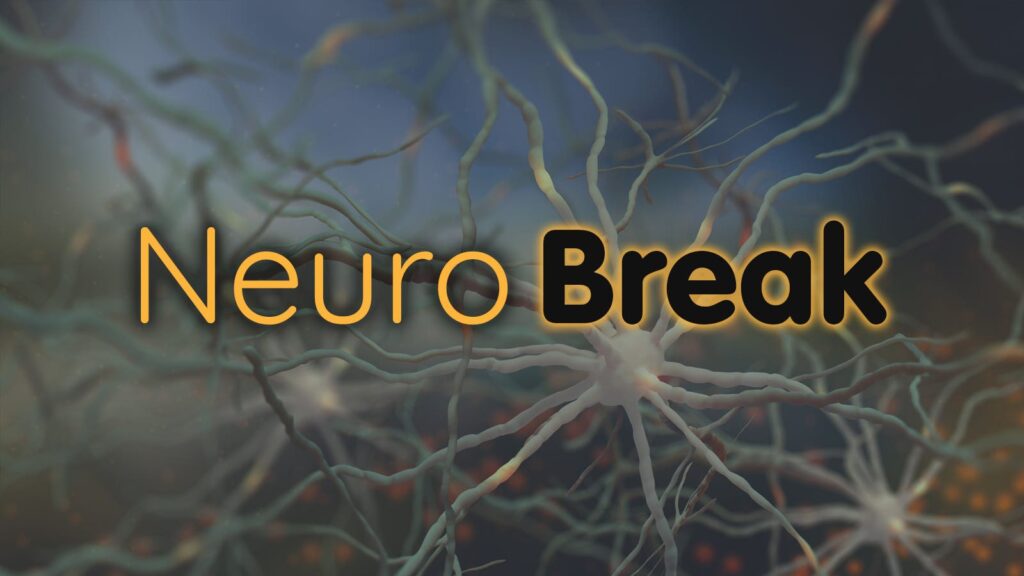A large-scale X chromosome-wide association study of Alzheimer’s disease identified SLC9A7 as a novel risk locus. (JAMA Neurology)
Investigational fosgonimeton did not meet its primary endpoint or key secondary endpoints in mild-to-moderate Alzheimer’s disease in the phase II/III LIFT-AD trial, Athira Pharma said.
Research using propofol shed light on the interactions between the thalamus and cortex that underlie consciousness. (Nature Communications)
Slowly expanding lesions differentiated pediatric multiple sclerosis (MS) from myelin oligodendrocyte glycoprotein antibody disease (MOGAD) in an imaging study. (Annals of Neurology)
Cadmium exposure was associated with global cognitive impairment among white, but not Black, participants in the REGARDS study. (Neurology)
A small study of adolescent brain development suggested girls’ brains matured faster than expected during COVID-19 lockdowns. (PNAS)
Transcranial static magnetic stimulation did not modify disease progression in amyotrophic lateral sclerosis (ALS) during 6 months of treatment, but long-term follow-up showed an increase in tracheostomy-free survival. (Lancet Regional Health-Europe)
Age-related neural changes in predictive and memory processes may underlie the ability to recognize musical pieces. (Communications Biology)
A constantly runny nose in a patient signaled something more serious. (Washington Post)
What caused Vladimir Lenin to die 100 years ago? (Lancet Neurology)
-
Judy George covers neurology and neuroscience news for MedPage Today, writing about brain aging, Alzheimer’s, dementia, MS, rare diseases, epilepsy, autism, headache, stroke, Parkinson’s, ALS, concussion, CTE, sleep, pain, and more. Follow
Please enable JavaScript to view the

